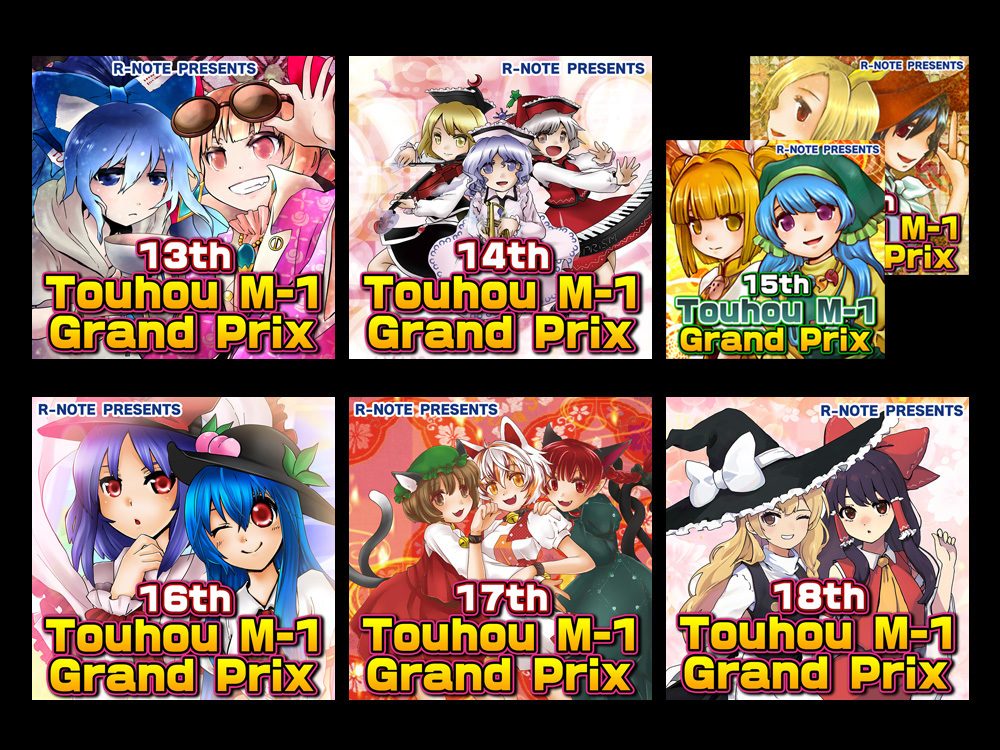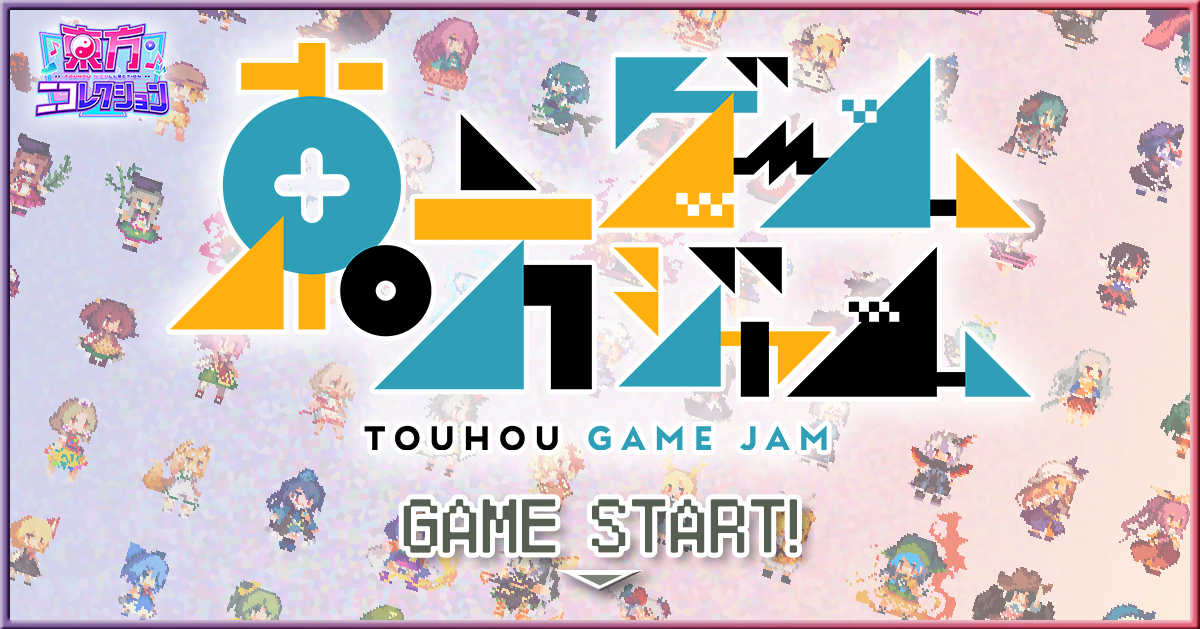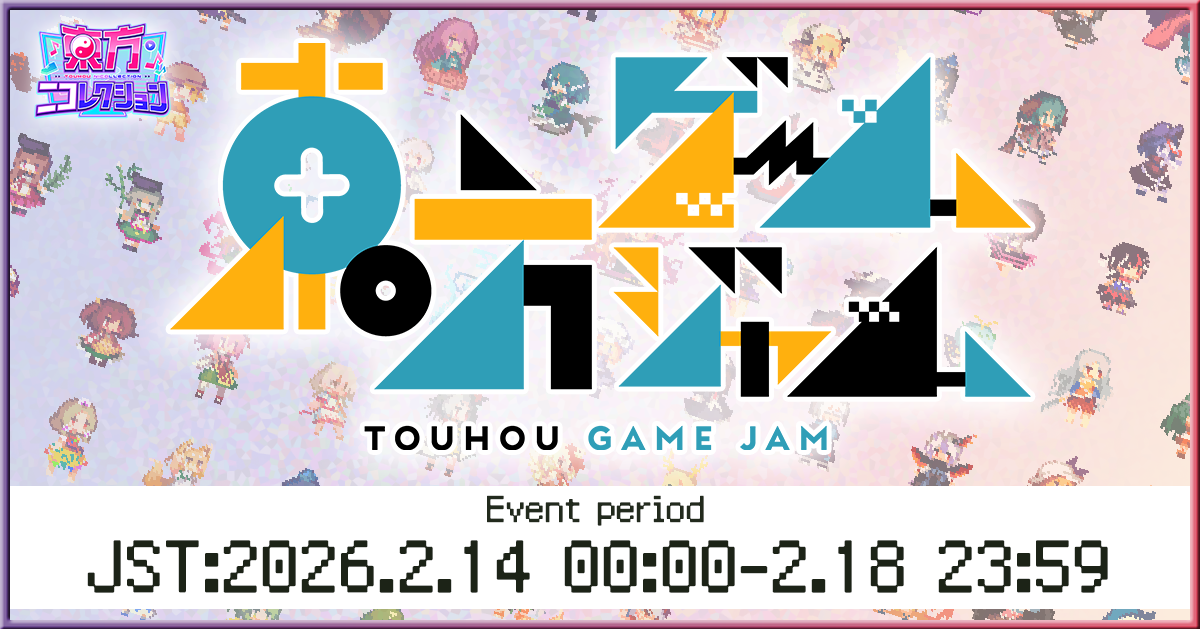ZUN Salaryman Days: First Worked in the Arcades and Then His Grand Return to Comiket
[Part 4]
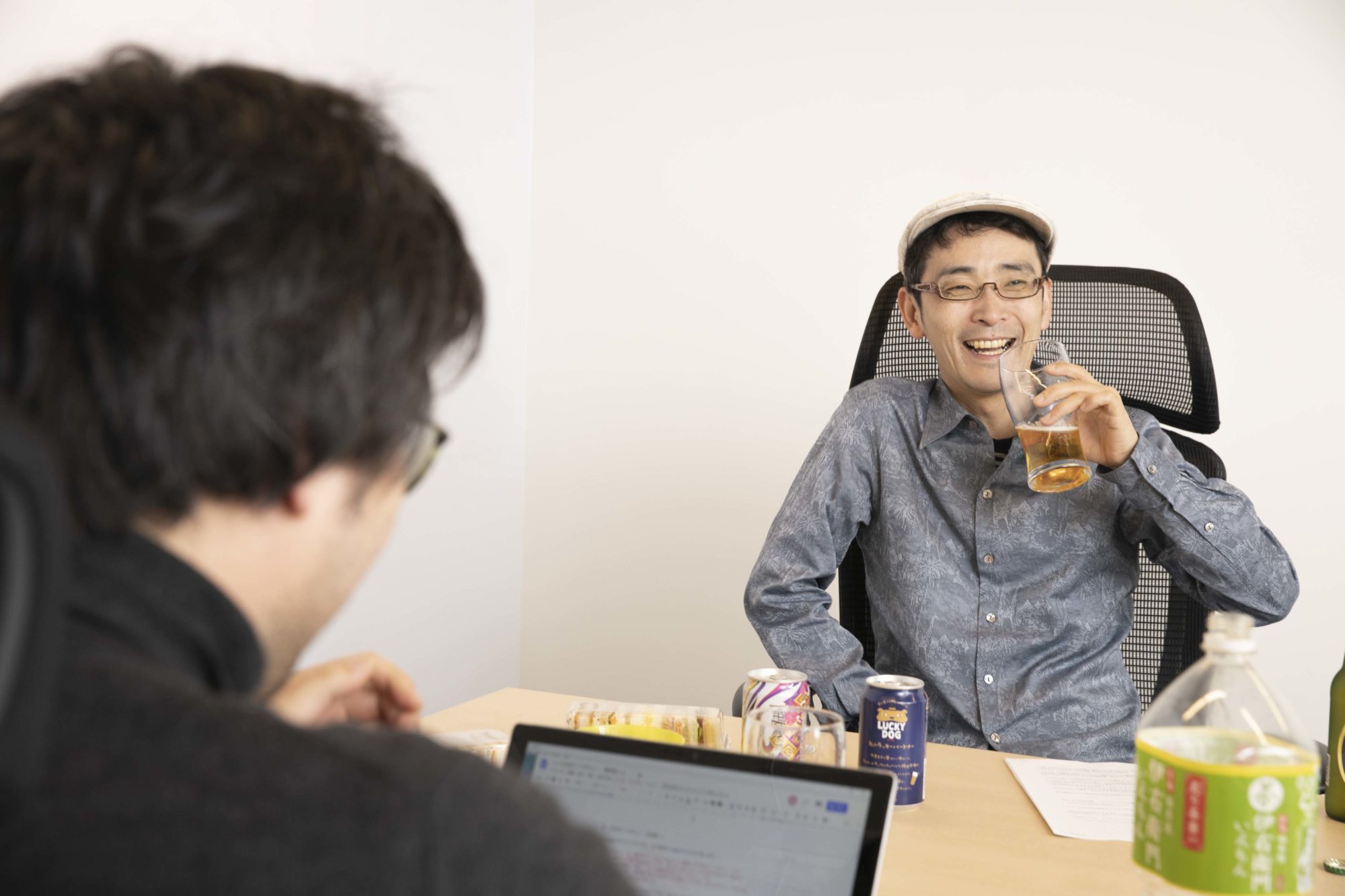
Working with Others is Annoying
We’ve learned that you studied programming by yourself, but did anyone teach you how to compose music?
ZUN:
Never learned from anyone to this day.
That must be the same for your illustrations then.
ZUN:
Truth be told, I actually did consider requesting a friend to draw for me and went asking around. But I found that whole idea cumbersome, haha.
So, you’ve preferred to work by yourself then?
ZUN:
It’s easier for me to work solo. Because I’m an autodidact, I thought it was easier to figure things out by myself than rely on other people. It’s also more enjoyable that way.
We don’t believe there’s anyone else in game development like ZUN, who has worked by themselves consistently for more than twenty years straight. While creators like Horii Yuji and Nakamura Kouichi* worked solo during the rise of Japanese game development, they later formed teams. After all, responsibilities like illustration, programming, and music composition are traditionally relegated to other people. But we believe you’re the only one who’s handling everything.
*Nakamura Kouichi
Born in Kanagawa Prefecture in 1964, he is the president of Spike Chunsoft. In his high school years, he studied game development and created his first original game, Door Door, which he submitted to a game contest organized by Enix. His game was selected for a runner-up prize and he later turned pro. Nakamura is most famous for being behind genre-defining titles like Dragon Quest, Kamaitachi no Yoru, and Shiren the Wanderer.
ZUN:
If we got at least three people who could together handle those three responsibilities, they could definitely make a game.
But if you had to be a part of this, wouldn’t you find it troublesome and not proceed with the project?
ZUN:
I just don’t like collaborating with others. Hearing things like “this aspect could be honed further” irritates me. I would rather avoid it. I can also imagine going to someone, “Well, I don’t think it looks great, but since you took the time to draw this…”
Column 1: How ZUN First Got a Taste for Alcohol
Working as a Programmer at a Game Company
After your graduation into the life of a salaryman, did you immediately work in Taito’s game development department?
ZUN:
The first thing I did was research, specifically as an employee in one of their arcades. That was exhausting. I was always making games at my home and now I’m suddenly working in an arcade, haha.
But I did find observing people during the afternoon very fun. I would come up with things like “I wonder what’s up with that salaryman who’s been playing Shanghai* since morning. Does he go to work?” Haha.

After you finished your training period, you finally joined the game development team. What was the work atmosphere like when you were there?
ZUN:
I was once told by a person I admire that the workplace was rigid and stiff in a bad way, so they wanted the young generation to abolish this hierarchy. As soon as I entered the team and was ordered to do this and that, I started to develop similar thoughts, haha.
Before I knew it, I found myself bickering about how my superior was awful for not letting me make the games I want to make because they won’t sell, while working. I recognized that when I was working alone, this was a great mindset to have. But when it came to companies, that was probably a bad idea. The company is the space that taught me this valuable lesson.
Column 2: Working in Team Projects
The 2 Hour Late Arrival of hiroyuki!
Did any of your experiences as a salaryman apply to life afterwards?
ZUN:
Of course, I took a lot out of it. I’ll give credit to it since it’s made me at least look like I’m a functioning member of society, haha.
I’ve always been learning how to make games by myself. So when I entered the workforce, I was able to properly learn the nuts and bolts of game development. I never changed up my method when I was doing my independent studies, so I was able to learn there was a better way of doing things. I’m glad that I did this since I got many new ideas out of it.
While this was all happening, you decided to resume your doujin activities and – ah, hiroyuki has just arrived!
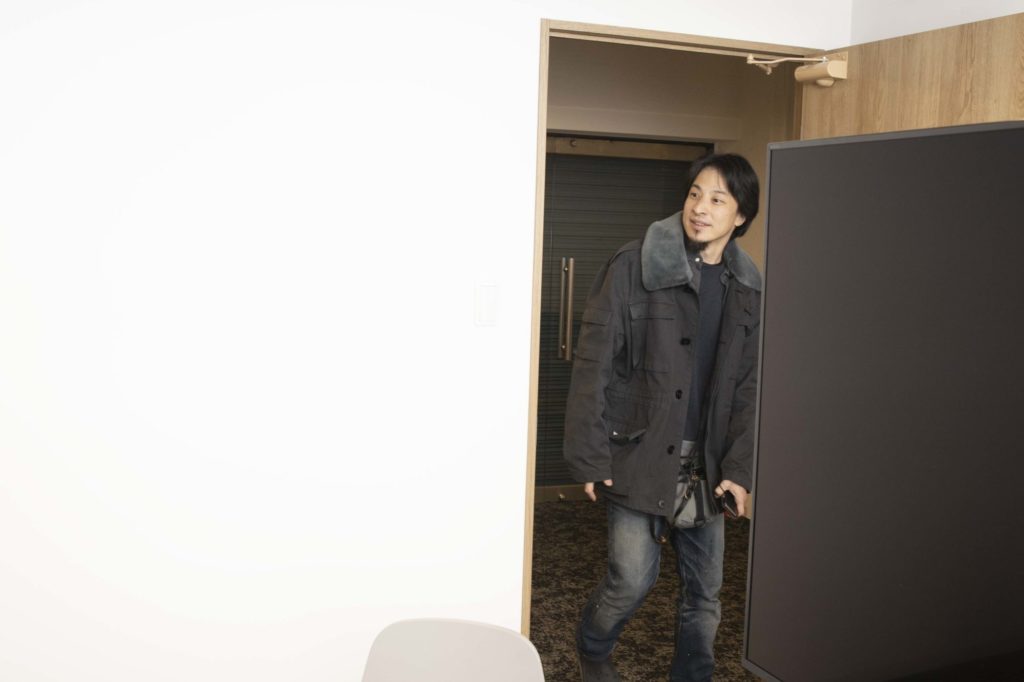
hiroyuki:
Hey everyone, I might be a tad late. Heh.
ZUN:
We’ve just gone over halfway through my life, ha.
As everyone has finally gathered, let’s have a new round of drinks.
Everyone:
Cheers!
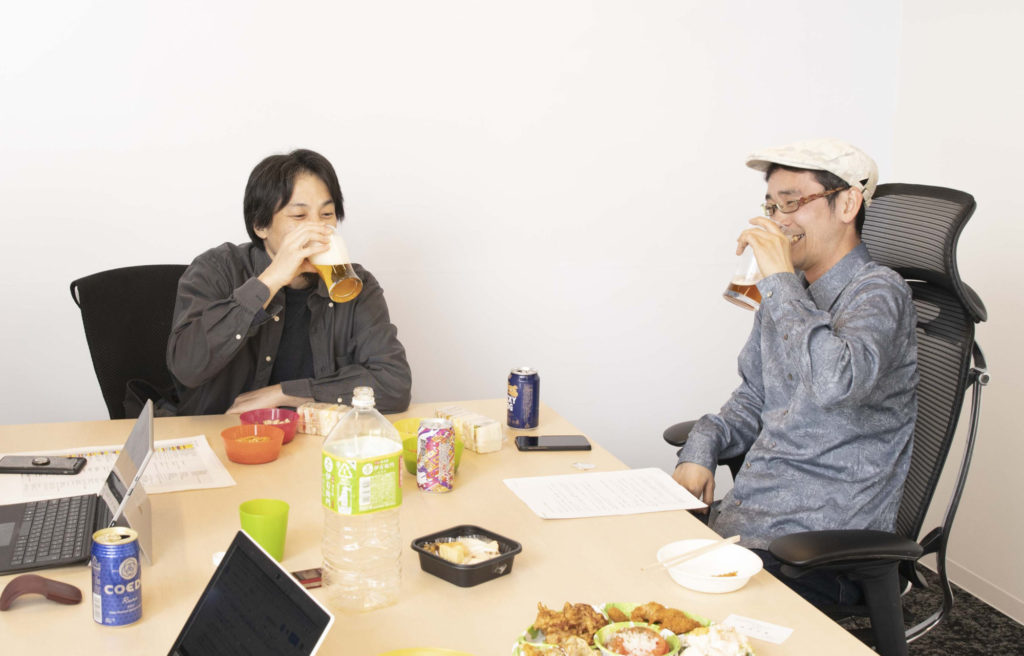
Returning to Comiket While Working
After you became a salaryman, why did you decide to attend Comiket even though you thought you were done with it?
hiroyuki:
You didn’t have to be a salaried employee, right? You could still eat while working in the doujin world, I bet.
ZUN:
Wasn’t a matter of eating or not eating. I’ve always believed that students had to go to find employment after graduation.
In that case, why did you return to Comiket?
ZUN:
Hmm, I guess I started feeling stressed when I couldn’t make games that appealed to me.
While I followed the company’s directions in making games, I somehow figured this wouldn’t make for a fun game. And if the game didn’t sell well, the blame went to the people who made it. That’s just rough.
After my stress meter started to peak, I decided to take a swing by Comiket. While everyone was supposed to be in the office for New Year’s Eve, I visited the Winter Comiket around the new millennium.
When I checked out the doujin area, there were more people congregating and showcasing their creations than the last time I was here. But because I visited the area in the afternoon, there weren’t that many titles anymore. Even the games of questionable quality all sold out.
It seems like the 2000s was the time when people were switching doujin game platforms from PC-98 to Windows.
ZUN:
Sounds about right. There weren’t that many people developing games on Windows, so titles that wouldn’t work out even if they were free to play today could sell very well in that period.
hiroyuiki:
So, if you just got any game out on Windows, people would buy it up. Sounds like a bubble to me.
ZUN:
I took a look around and suddenly thought I could make something that’s way funner than everything else here. While work was getting quite busy, I started to think maybe I should get something out for the next Comiket.
To be continued in Part 5…
Interviewer: hiroyuki, Saitou Daichi
Writer: Seinosuke Itou
Photographer: Fukuoka Ryouji (GEKKO)
Translator: Kastel
Editor: Nimrod
ZUN Salaryman Days: First Worked in the Arcades and Then His Grand Return to Comiket End

